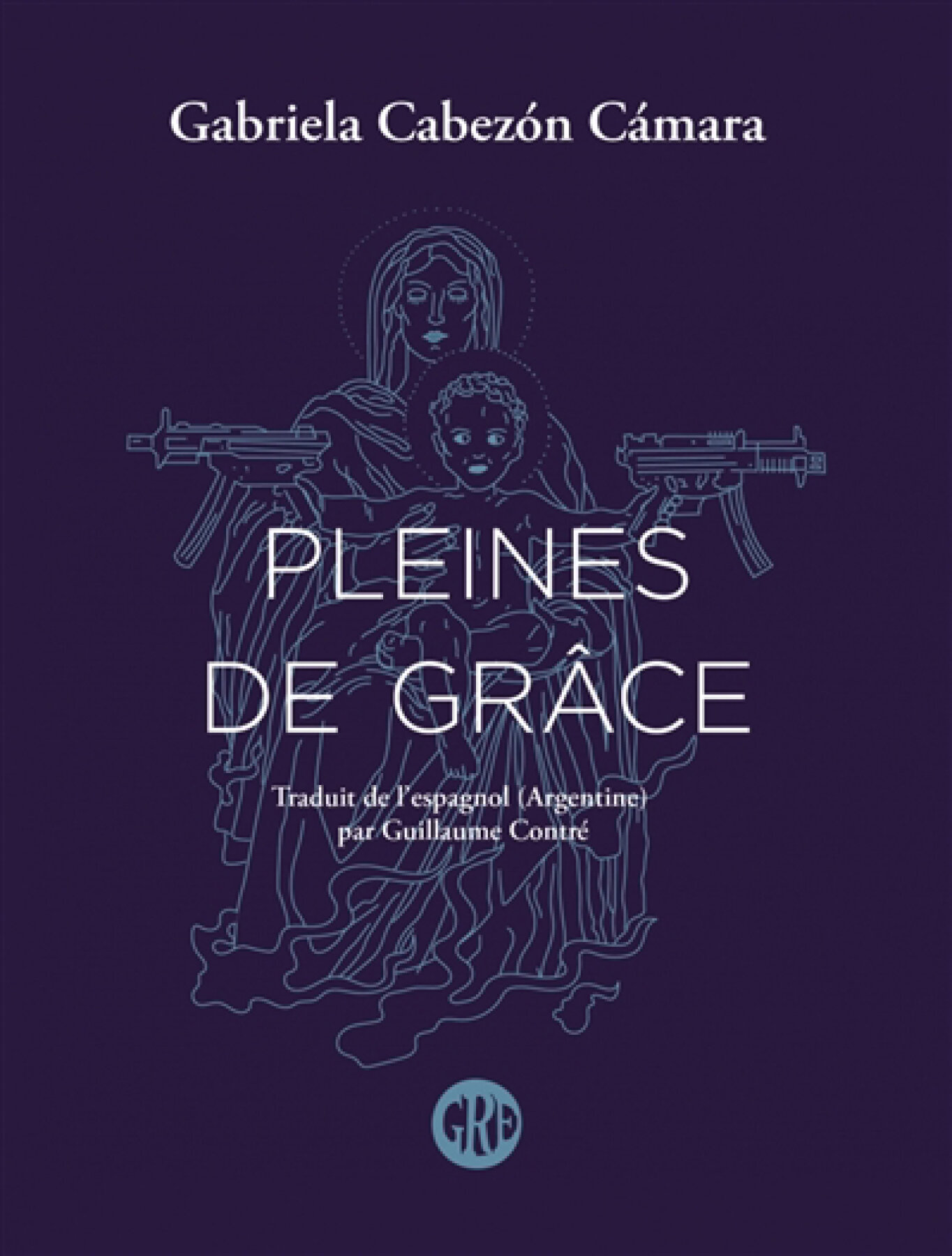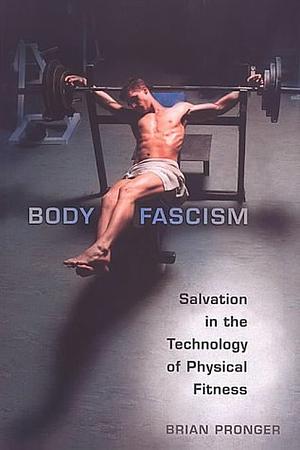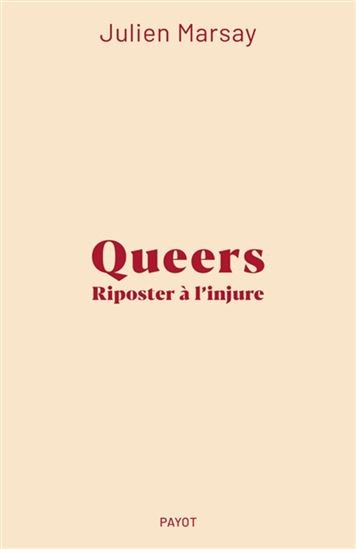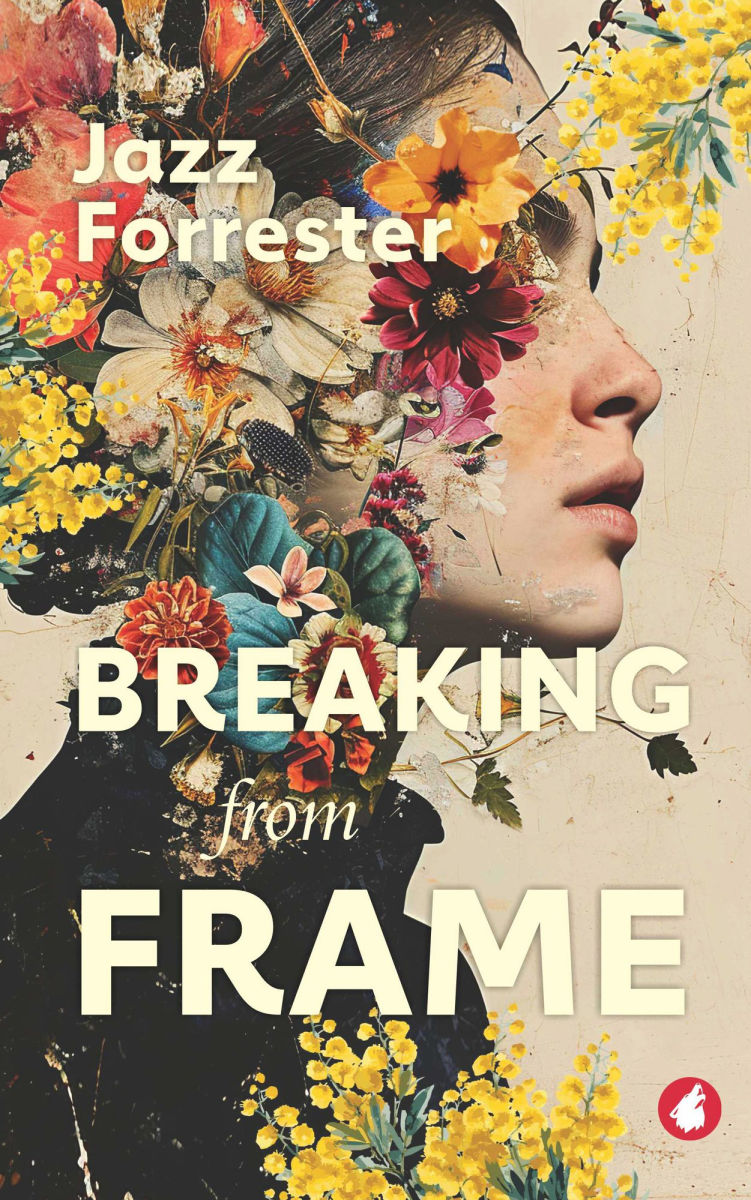Gersande La Flèche stopped reading Rougarou by Cherie Dimaline
Le livre m'a un peu perdu vers le milieu. Je vais peut-être y revenir, mais l'histoire me déprime et j'ai envie de sauter des tas de chapitres qui me semblent superflus donc on pose le bouquin pour l'instant.
Le livre m'a un peu perdu vers le milieu. Je vais peut-être y revenir, mais l'histoire me déprime et j'ai envie de sauter des tas de chapitres qui me semblent superflus donc on pose le bouquin pour l'instant.


















